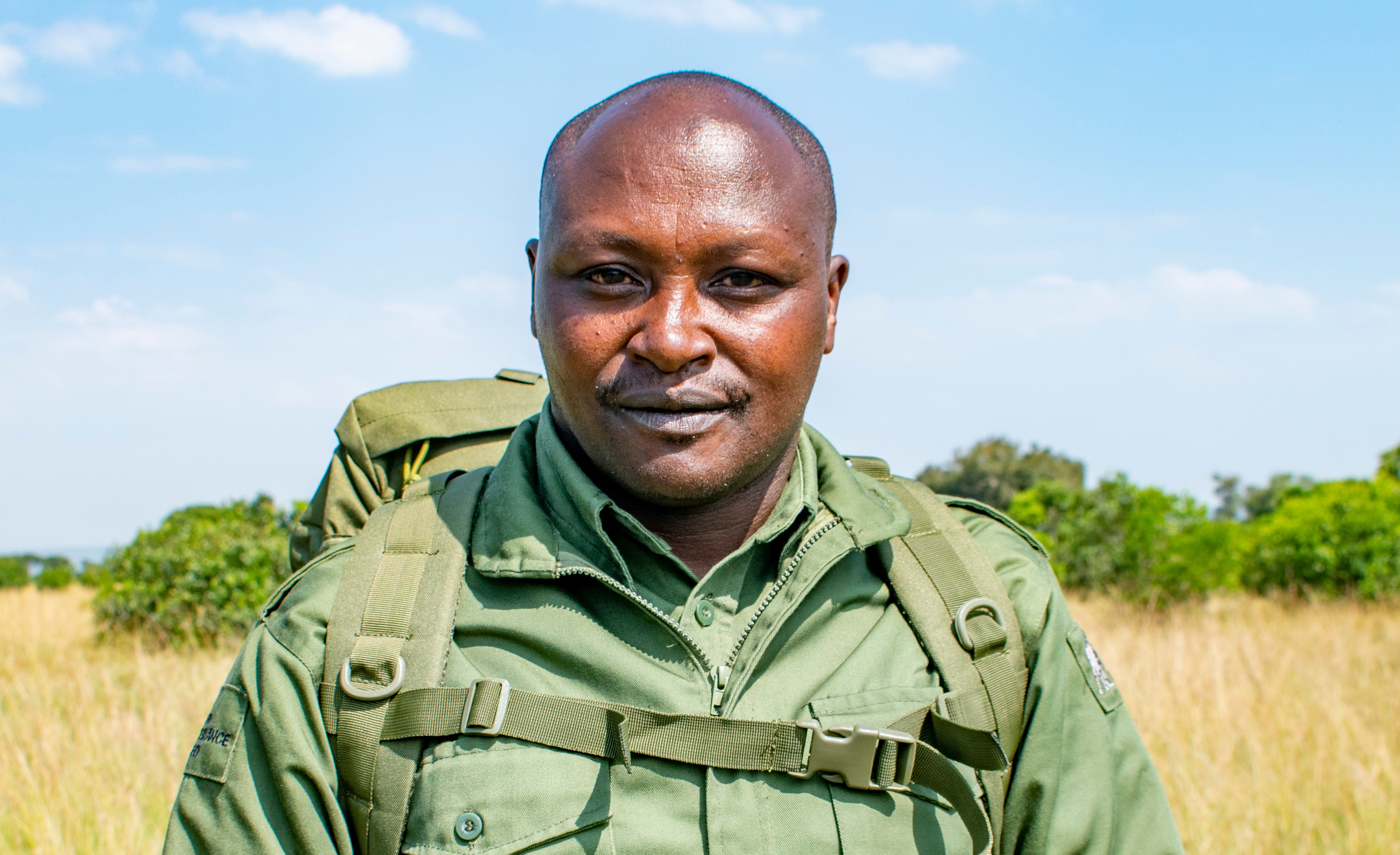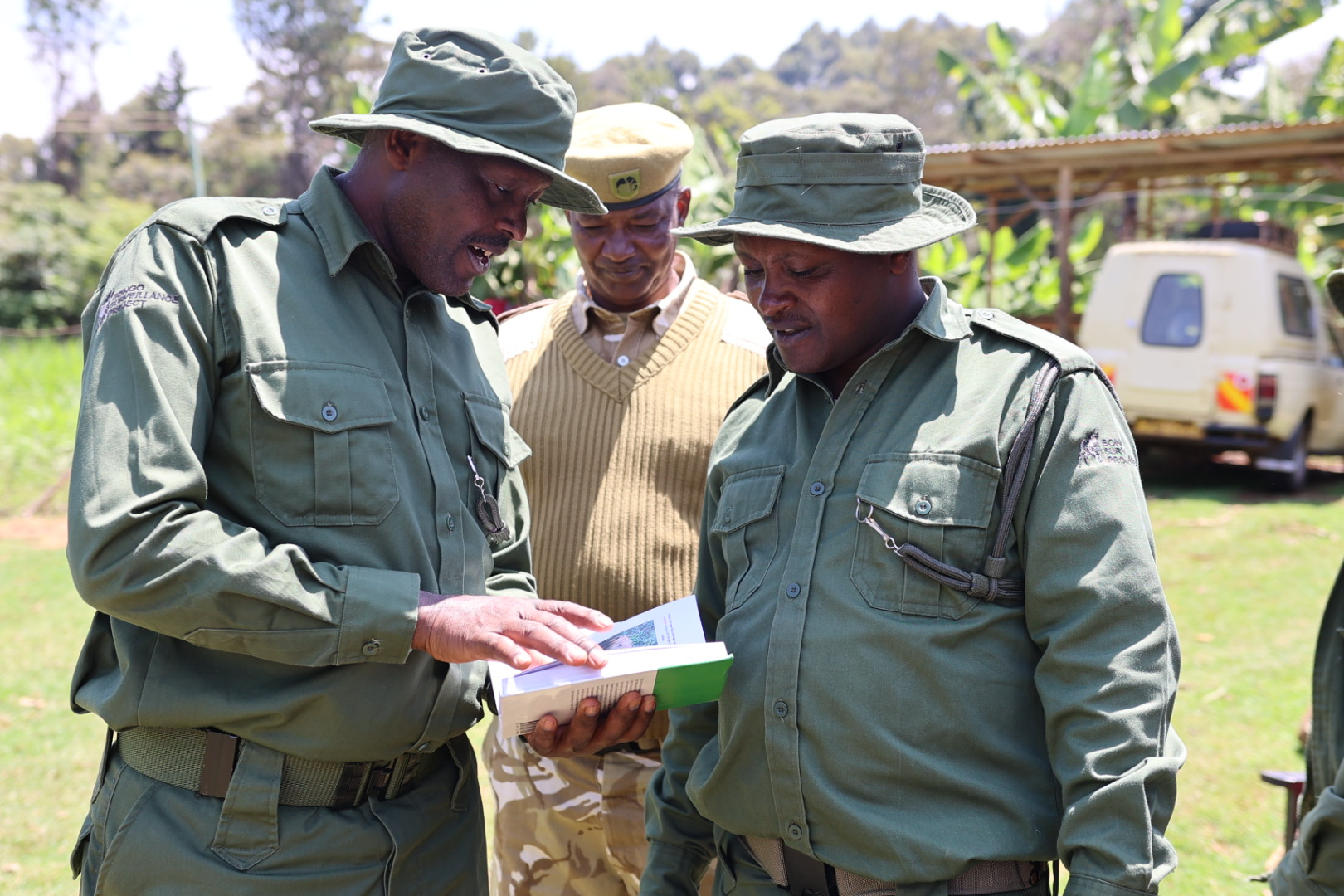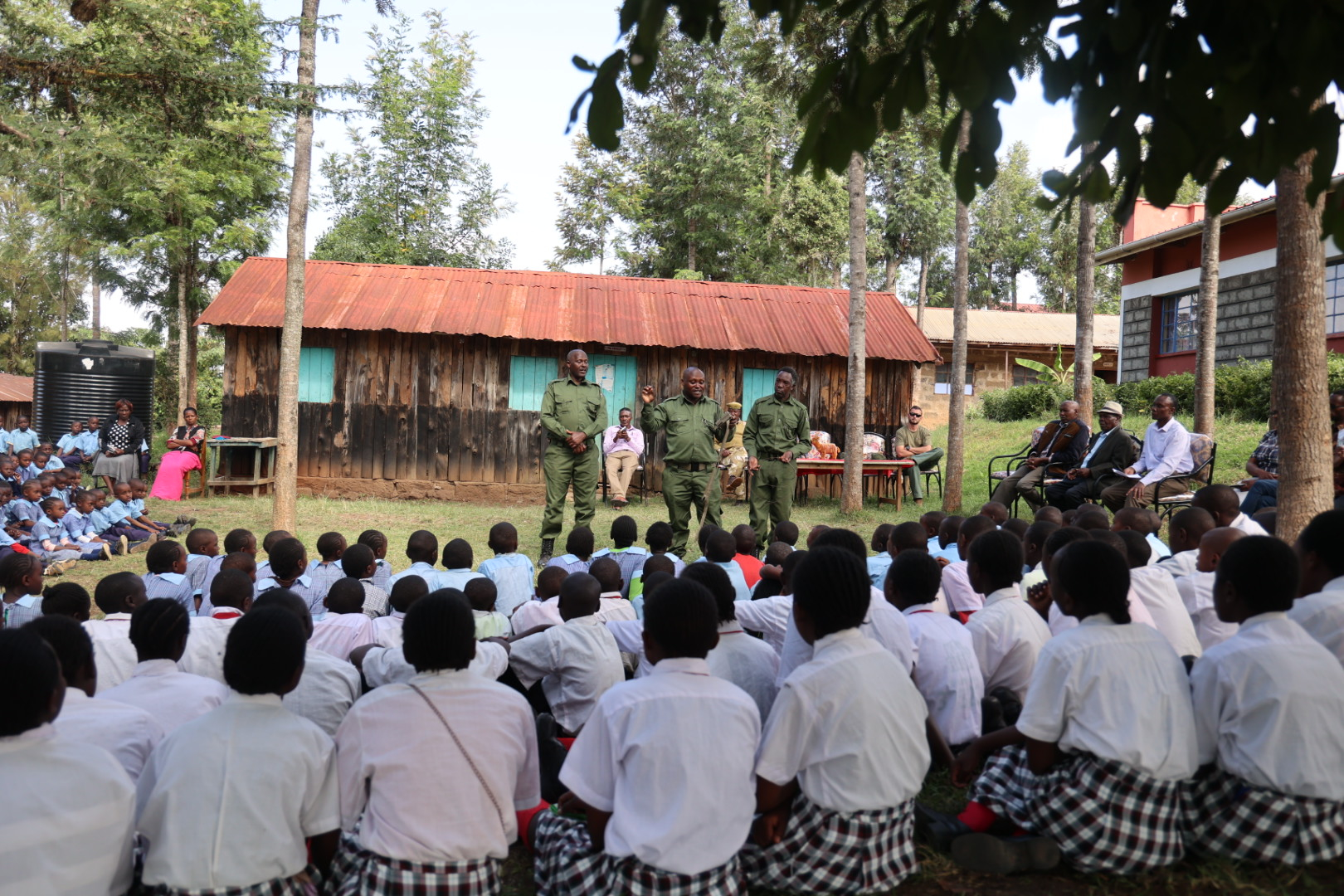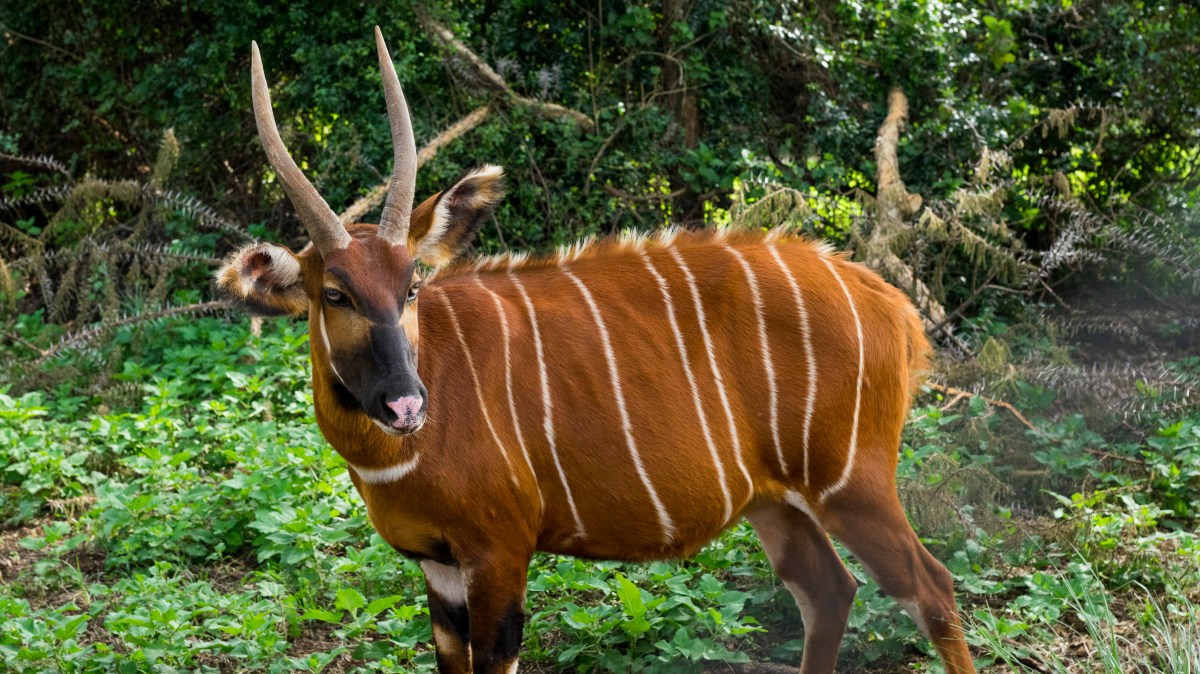A Kenyan ranger who devoted his life to protecting an animal so rare that he has caught only a fleeting glimpse of it will receive an award for his conservation efforts.
Laban Mwangi, 43, has spent two decades trying to save the mountain bongo from extinction. The striking striped forest antelope once roamed Kenya in great numbers but has dwindled to fewer than 40 in the wild.
In his work, Mwangi has clashed with poachers and cut thousands of snares in the Aberdare and Maasai Mau forests. With almost no sightings of the antelope, Mwangi and his team from the Mountain Bongo Project (MBP) rely on tracks, dung and the odd camera-trap image as the only evidence that the animals are still holding on in the mountains.

“I want to save the mountain bongo for Kenya and for my own children to see them one day,” Mwangi said. He grew up on stories from his father, who in the 1970s had been paid to capture live bongos to supply foreign zoos but later switched to protecting them, becoming the first tracker for the MBP when it was established in 2003. Laban joined him in the organisation two years later as one of its first rangers, rising through the ranks to become head ranger.
It is perilous work, spending weeks at a time in dense, mountainous forests, far from his wife and three young children. The patrols are up against illegal logging, encroachment into central Kenya’s fragile ecosystems and poachers armed with guns, spears and dogs.
Mwangi has the scars from one encounter in which he was slashed to the bone by a poacher’s machete, requiring days of hospital treatment. “They are angry with us for destroying their snares and hideouts, but the dangers don’t deter us from our work,” he said.

Risk comes from natural hazards. “Our patrol was once charged by elephants on a narrow path and the only way we could escape was to climb high enough up trees so they could not pull us down,” he said.
During his 20 years with MBP, Mwangi has helped remove more than 2,000 snares, dismantled dozens of elephant traps and made hundreds of arrests related to poaching and illegal logging.
• Conservation with Kalashnikovs — the wild life of a dictator’s zoologist
The work of guarding bongos, listed by the International Union for Conservation of Nature as critically endangered, has the natural benefit of protecting other vulnerable species that share their habitat, including the extremely rare yellow-backed duikers and giant pangolins.
Mwangi’s efforts will be recognised this week when he receives the Tusk Wildlife Ranger Award, most likely from the Prince of Wales, the royal patron of the UK-based conservation charity which helps to fund MBP’s work.

Mwangi said the grant attached to the award would go towards equipment, ranger training and working with communities on the forest fringes, helping them find alternative income streams to hunting for the pot and chopping down trees. The bongos’ browsing helps regulate the forest vegetation, promoting diversity and ecological balance.
Over the years, Mwangi has reached tens of thousands of people to advocate for conserving the forests and their animal populations, including by bringing mountain bongo wildlife clubs to local schools.

Laban Mwangi talking to children about the conservation project
“We are helping inspire the next generation of rangers. I tell them we can’t wait for someone else to do this work and even their small actions can help,” he said. “I have committed my life to protecting an animal most people will never see. That makes the work even more important.”
Since Tusk was founded in 1990 it has generated £130 million to support more than 250 local conservation organisations and ranger teams across Africa.
In a separate initiative, Kenya’s wildlife authority is working to reintroduce a number of bongos from captivity to the wild to help boost its numbers and genetic diversity. From the original 40 or so animals that were captured and exported, there are approximately 650 being held in facilities in North America and Europe. Last month, Woburn Safari Park in Bedfordshire announced the birth of a female calf.

